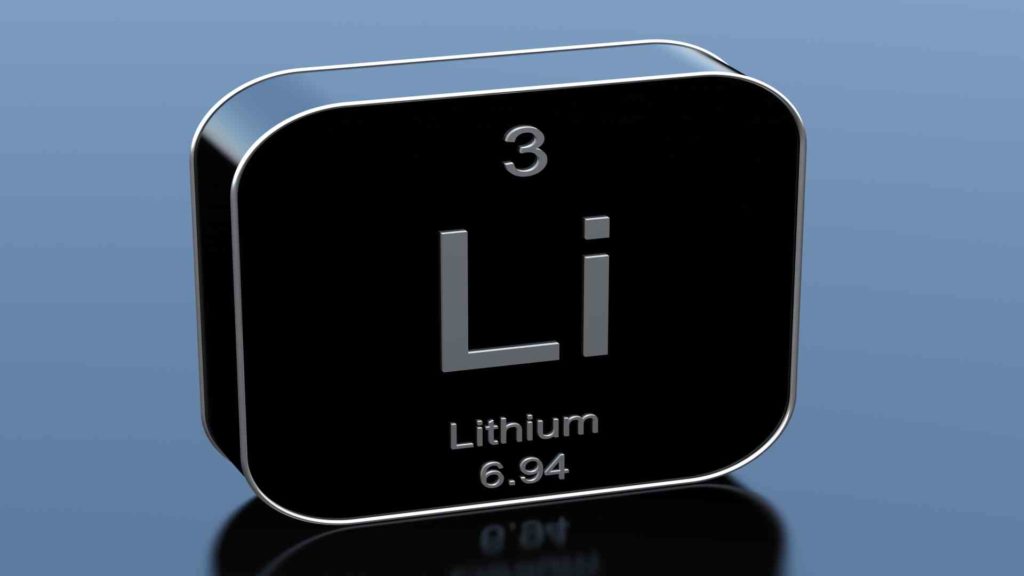Battery storage is rapidly becoming one of the top investments in the renewable energies sector, and investment looks set to increase in the coming years.
This technology has the potential to revolutionize the way we store and use energy, offering more efficient and cost-effective ways to harness and use energy.
What is Battery Storage?
Battery storage refers to efficient, safe, and productive storage of energy in a battery for on-demand use. This technology stores excess energy generated by energy sources including wind and solar and then releases it when needed.
The use of batteries on the go and in remote locations allows more productive use of energy and smoothes out fluctuations in energy production and consumption, making it a critical component in the transition to a more sustainable energy system.
One of the key benefits of storage technology is that it can help to reduce the costs associated with energy storage. Traditional energy storage systems, such as pumped hydro storage, for instance, can be expensive to build and maintain.
Advances in battery technology have made it possible to store energy at a much lower cost. This makes it attractive for both businesses and households investing in renewable energy.
One of the unspoken heroes elements in battery storage technology is boron.
Boron is a chemical element that has a unique set of properties that make it ideal for use in batteries. It has high electrochemical stability, which means it can store energy efficiently without breaking down over time.
Additionally, boron has a high electrical conductivity, which allows it to quickly and easily transfer energy between the battery’s electrodes. The use of boron in battery storage offers several benefits. For example, boron-based storage can improve the safety of batteries.
As governments worldwide begin to implement more aggressive climate policies, investing in battery storage is becoming an increasingly attractive option for businesses and households looking to reduce their carbon footprint.
According to a recent report by Bloomberg, global investment in battery storage is expected to reach $620 billion by 2040.
Respondents for battery storage investment came from four major regions around the globe, including Europe, America, the Middle East & Africa, and Asia-Pacific which chose solar/wind energy companies second to technology firms when it comes to investing in a green future.
Despite the unprecedented challenges posed by COVID-19, the global battery energy storage market is projected to surge 16.3% over the next 8 years, rising from USD 10.88 billion in 2022 to an impressive USD 31.20 billion in 2029. This remarkable growth can be attributed to higher demand for these systems due to ever-increasing renewable energy sources and falling prices of batteries across all regions compared with pre-pandemic levels.
Further, the growth of the Battery Energy Storage Systems (BESS) market is driven by the shift towards low-carbon energy generation to reduce greenhouse gas emissions.
The residential, non-residential, and utility sectors are investing in these systems to accumulate and transfer power generated from sources such as concentrated solar power and wind energy. The market growth is further aided by the rising peak energy demand due to an increasing population and efforts to improve rural electrification, as well as the favorable policy framework.
The major technologies used for energy storage include solid-state batteries, flow batteries, thermal energy storage systems, and pumped hydro storage. Battery storage and its use of boron are exciting developments that are improving the technology and making it even more attractive to investors.
We hope that this video helped you gain insight into battery storage and its ability to store energy from renewable sources efficiently and safely, its potential to reduce costs and improve energy security, and its environmentally friendly nature.





